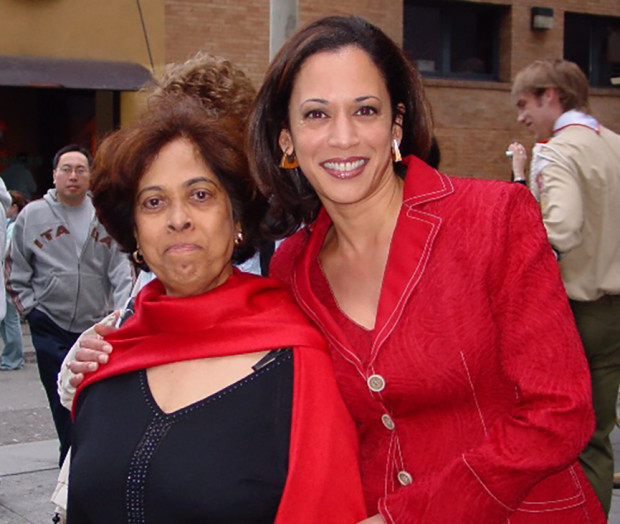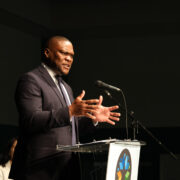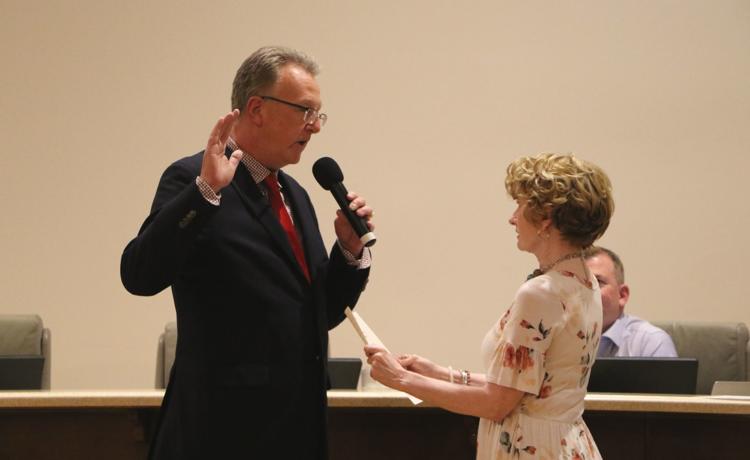
By MATT SEDENSKY National Writer
Speaking from the Senate floor for the first time, Kamala Harris expressed gratitude for a woman on whose shoulders she said she stood. In her autobiography, Harris interspersed the well-worn details of her resume with an extended ode to the one she calls “the reason for everything.” And taking the stage to announce her presidential candidacy, she framed it as a race grounded in the compassion and values of the person she credits for her fighting spirit.
Though a decade has passed since Shyamala Gopalan died, she remains a force in her daughter’s life and her White House bid. Again and again in the campaign, those who gather around the California senator are hearing mention of the diminutive Indian immigrant the candidate calls her single greatest influence.
“She’s always told the same story,” says friend Mimi Silbert. “Kamala had one important role model, and it was her mother.”
Her mother gave her an early grounding in the civil rights movement and injected in her a duty not to complain but rather to act. And that no-nonsense demeanor on display in Senate hearings over special counsel Robert Mueller’s investigation, Supreme Court nominee Brett Kavanaugh and more? Onlookers can credit, or blame, Gopalan, a crusader who raised her daughter in the same mold.
Appearing in New York recently, Harris said there were two reasons she was running for president. The first, she said, was a sense of duty to restore truth in justice in the country at an inflection point in history. The second: a mother who responded to gripes with a challenge.
“She’d say, ‘Well, what are you going to do about it?’” Harris told the crowd. “So I decided to run for president of the United States.”
Harris’ parents met as doctoral students at the University of California, Berkeley at the dawn of the 1960s. Her father, a Jamaican named Donald Harris, came to study economics. Her mother studied nutrition and endocrinology.









